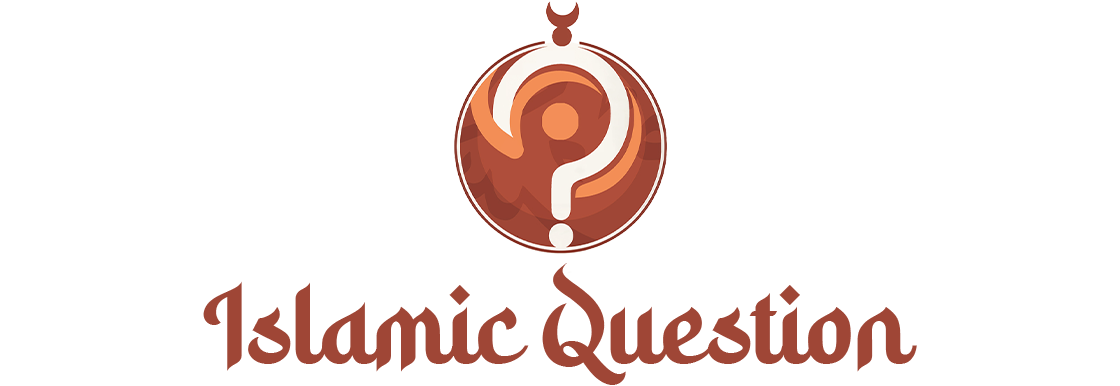The Muslim call to prayer will ring out more freely in New York City under guidelines announced Tuesday by Mayor Eric Adams, which he said should foster a spirit of inclusivity.
Under the new rules, Adams said, mosques will not need a special permit to publicly broadcast the Islamic call to prayer, or adhan, on Fridays and at sundown during the holy month of Ramadan. Friday is the traditional Islamic holy day, and Muslims break their fast at sunset during Ramadan.
The police department’s community affairs bureau will work with mosques to communicate the new guidelines and ensure that devices used to broadcast the adhan are set to appropriate decibel levels, Adams said. Houses of worship can broadcast up to 10 decibels over the ambient sound level, the mayor’s office said.
“For too long, there has been a feeling that our communities were not allowed to amplify their calls to prayer,” Adams said. “Today, we are cutting red tape and saying clearly that mosques and houses of worship are free to amplify their call to prayer on Fridays and during Ramadan without a permit necessary.”
Flanked by Muslim leaders at a City Hall news conference, Adams said Muslim New Yorkers “will not live in the shadows of the American dream while I am the mayor of the city of New York.”
The adhan is a familiar sound in majority-Muslim countries but is heard less frequently in the United States.
Officials in Minneapolis made news last year when they moved to allow mosques to broadcast the adhan publicly.
The adhan declares that God is great and proclaims the Prophet Muhammad as his messenger. It exhorts men — women are not required — to go to the closest mosque five times a day for prayer, which is one of the Five Pillars of Islam.
“The sound of the adhan is not just a call to prayer; it is a call to unity, reflection, and community,” Afaf Nasher, the executive director of the New York chapter of the Council on American-Islamic Relations, said in a statement. “We believe that this action will contribute to greater understanding and appreciation of the Muslim community’s values and traditions.”
Somaia Ferozi, principal of the Ideal Islamic School in Queens, said New York City’s new rules send a positive message to her students.
“Our children are reminded of who they are when they hear the adhan,” said Ferozi, who attended Adams’ news conference. “Having that echo in a New York City neighborhood will make them feel part of a community that acknowledges them.”
Adams, a Democrat, enjoys close relationships with faith leaders from various traditions and has promoted the role of religion in public life.
He has at times alarmed civil libertarians by saying he doesn’t believe in the separation of church and state.
“State is the body. Church is the heart,” Adams said at an interfaith breakfast earlier this year. “You take the heart out of the body, the body dies.”
A spokesperson for the mayor said at the time that Adams merely meant that faith guides his actions.
 Discover Anything Unlock the Universe: Discover Anything, Anytime, Anywhere
Discover Anything Unlock the Universe: Discover Anything, Anytime, Anywhere

